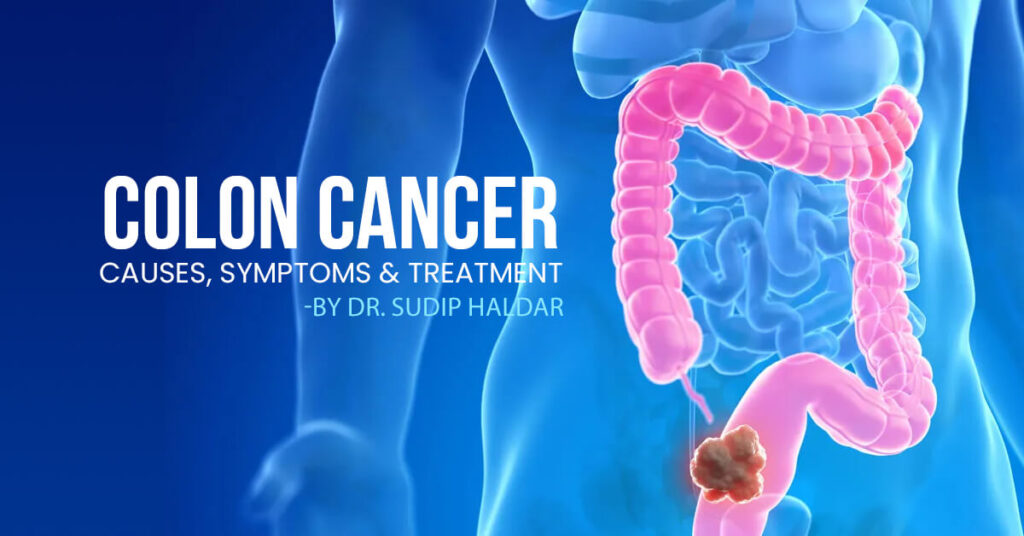Understanding Colon Cancer: A Silent Threat
Colon cancer, also known as colorectal cancer, demands a nuanced understanding that transcends medical textbooks. The best onco surgeons not only possess exceptional surgical skills but also a profound comprehension of the physical and emotional toll the disease takes on patients. Their role extends beyond the operating room; they are navigators, guides, and beacons of hope. Causes and Risk Factors: Understanding the root causes of colon cancer is crucial for early detection and prevention. While the exact cause remains elusive, certain risk factors increase the likelihood of developing this disease. Age plays a pivotal role, with the majority of cases diagnosed in individuals over the age of 50. Additionally, a family history of colon cancer, genetic mutations, and personal history of inflammatory bowel diseases like Crohn’s or ulcerative colitis contribute to elevated risk. Unhealthy lifestyle choices, such as a diet rich in red and processed meats, low fiber intake, sedentary behavior, and excessive alcohol consumption, also heighten the susceptibility to colon cancer. Regular screenings become essential, especially for those with one or more of these risk factors. Symptoms and Diagnosis: Colon cancer often progresses without noticeable symptoms in its early stages, making regular screenings imperative for timely detection. However, as the disease advances, symptoms may manifest. These can include changes in bowel habits, persistent abdominal discomfort, unexplained weight loss, fatigue, and rectal bleeding. Diagnosis typically involves various tests, such as colonoscopies, fecal occult blood tests, and imaging studies like CT scans. Early detection significantly improves treatment outcomes, emphasizing the importance of routine screenings, particularly for individuals in high-risk categories. Prevention: Prevention plays a pivotal role in the battle against colon cancer. Adopting a healthy lifestyle is key to minimizing risk factors. A diet rich in fruits, vegetables, and whole grains, along with regular physical activity, can contribute to overall well-being and reduce the likelihood of developing colon cancer. Screenings are instrumental in catching the disease at its earliest, most treatable stages. Colonoscopies, in particular, are highly effective in detecting precancerous polyps and early-stage cancer. The recommended age for initiating screenings varies, with most health organizations suggesting starting at age 45 or 50, depending on individual risk factors. Treatment Options: Treatment for colon cancer depends on factors such as the stage of the cancer, its location, and the patient’s overall health. Common treatments include surgery, chemotherapy, and radiation therapy. Surgery aims to remove the cancerous tumor, and in some cases, nearby lymph nodes. Chemotherapy utilizes drugs to kill cancer cells, while radiation therapy employs high-energy rays to target and eliminate cancer cells. The prognosis for colon cancer is often favorable when detected in its early stages. However, late-stage diagnoses pose significant challenges, underscoring the importance of regular screenings and prompt medical attention when symptoms arise. Conclusion: In the realm of oncology, where the stakes are high and every decision is pivotal, Dr. Sudip Halder emerges as a beacon of hope and expertise, particularly in the challenging landscape of colon cancer. As one of the best onco surgeons, Dr. Halder’s journey is marked by a commitment to excellence, compassionate care, and innovative approaches to combat this formidable adversary.
Understanding Colon Cancer: A Silent Threat Read More »

